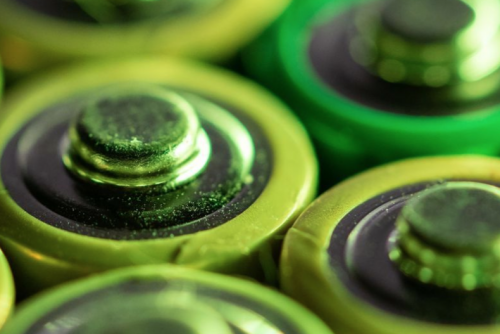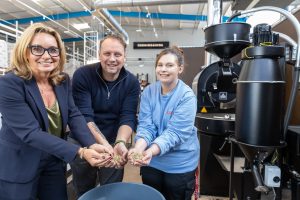Major battery recycling plant moves forward

The first listed UK company focused on battery metals, has revealed its battery recycling business will be entering a commissioning phase at the UK’s first lithium-ion (“Li-ion”) battery recycling facility in Wolverhampton.
Recyclus will be feeding the first end-of-life Li-ion into its plant to produce black mass. The black mass contains critical battery metals that can be reprocessed and sold back into the battery supply chain
During the commissioning phase, the plant will be operational for certain periods of time while any emissions are carefully monitored and recorded. Providing the emissions continue to be within approved levels, the number of processing hours will be extended until the facility reaches continuous operation.
In April 2023, Recyclus secured an Environment Agency permit that allows the company a daily storage limit of around 100 tonnes of Li-ion batteries on site and to process up to 22,000 tonnes of Li-ion batteries per year.
Recyclus expects that 8,300 tonnes will be processed in the first year, using a single shift pattern of labour during the standard working week. Annual capacity will then be increased through additional shifts, with the expectation that the plant will be able to process up to 22,000 tonnes of Li-ion batteries per annum.
The aim is for Recyclus to increase its processing capability through the construction of four more Li-ion recycling plants in the UK.
Robin Brundle, Chairman of Technology Minerals, said: “We are pleased that Recyclus will shortly begin the commissioning phase at the state-of-the-art Li-ion battery recycling facility, the first of its kind and of this scale in the UK.
“With the ongoing global shift towards electrification, the accumulation of discarded batteries poses a significant challenge, underscoring the need for recycling initiatives such as our Wolverhampton plant.
“By implementing advanced recycling solutions, we are committed to addressing this burgeoning issue and contributing to the sustainable evolution of the global economy.”









